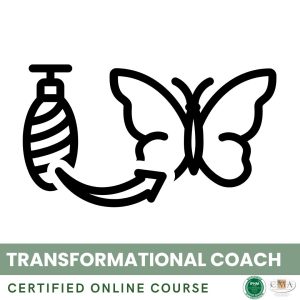Welcome to the fascinating journey of spiritual transformation. The path to becoming a Spiritual Coach is one that requires not only knowledge but also a deep sense of self-awareness, empathy, and a commitment to guiding others through their unique spiritual landscapes. To embark on this path is to embrace a profound responsibility—to hold space for growth, healing, and enlightenment.
Module 1: Introduction to Spiritual Coaching
In our first foray into the world of Spiritual Coaching, we delve into the bedrock upon which this practice is built—the history, philosophies, and foundational concepts that have shaped its evolution. We’ll explore the rich tapestry of spiritual thought that supports modern coaching methods and discover how historical context informs the present-day approach.
Submodule 1.1 – Historical and Philosophical Foundations
The roots of spiritual coaching are as deep as humanity itself, winding through ancient traditions and diverse cultures. Here, we explore the lineage of spiritual wisdom, understanding how philosophy and history have converged to create the practices we use today. This exploration isn’t just about the past; it’s about connecting timeless wisdom to contemporary practice.
Submodule 1.2 – Underlying Principles and Theories
The principles and theories that underpin spiritual coaching are the compass by which we navigate our clients’ inner worlds. We’ll examine key concepts such as interconnectedness, consciousness, and the journey of the soul, contemplating their implications on our role as coaches.
Submodule 1.3 – Benefits and Limitations of Spiritual Coaching
Understanding the potential and boundaries of spiritual coaching ensures we can provide the most effective guidance while being mindful of our limitations. We’ll scrutinize both the transformational impact of spiritual coaching and the ethical considerations that safeguard the well-being of our clients.
Submodule 1.4 – Ethics and Professional Responsibilities
A sacred trust exists between coach and client, one that necessitates the highest ethical standards. In this submodule, we’ll articulate the values and responsibilities that are the cornerstone of a reputable spiritual coaching practice.
As we step forward into this comprehensive training program, remember that this is not merely an academic pursuit—it is a personal voyage as well. You’re not just acquiring knowledge; you’re also honing your intuitive faculties and cultivating the virtues that will make you not just a coach, but a beacon of light for those who seek your guidance.
Embrace the process as you grow, and may your journey be rich with discovery and transformation. Welcome aboard.





